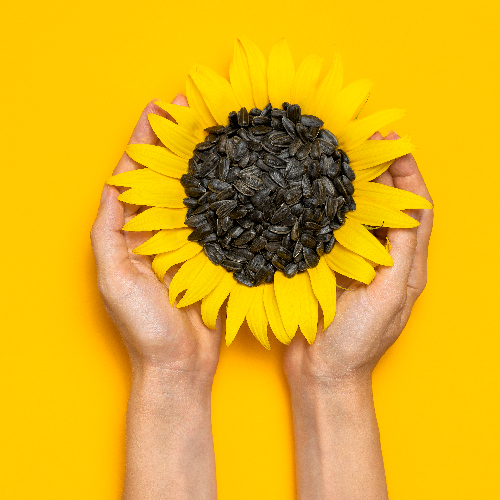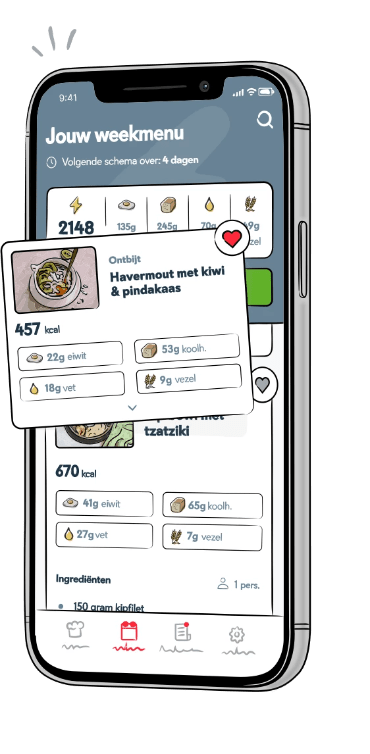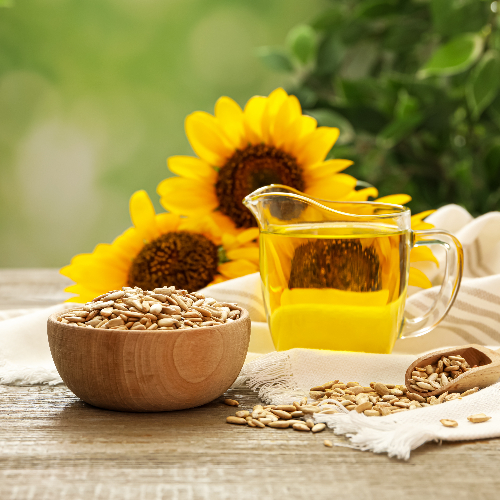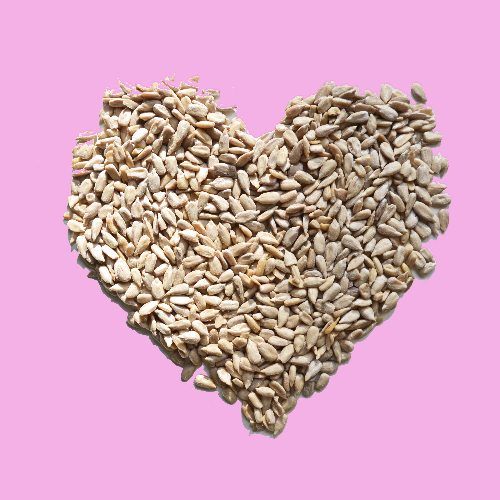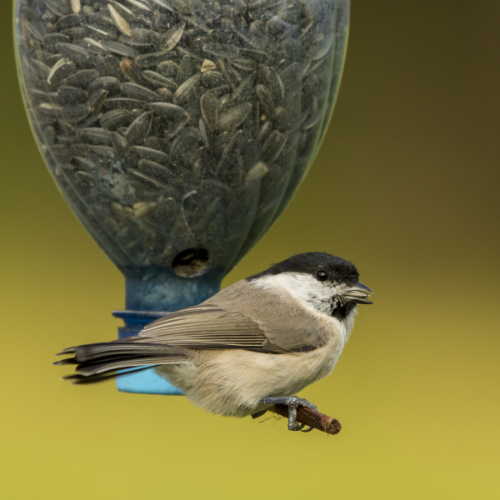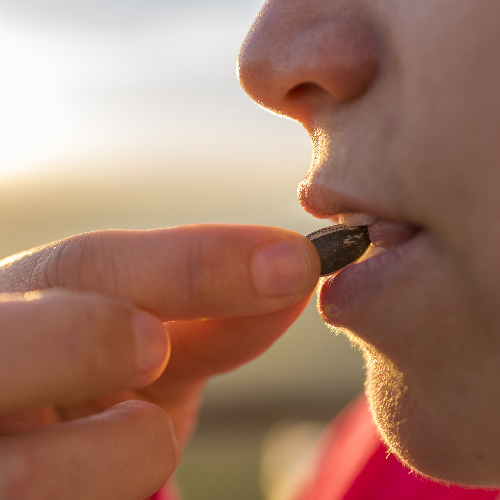Wist jij dat zonnebloempitten eigenlijk geen pitten, maar zaden zijn? En de kans dat je ze vaker eet dan je denkt is groot!
Tegenwoordig kun je namelijk niet meer om zonnepitjes heen. Ze zijn een populair ingrediënt in verschillende producten, zoals ontbijtgranen, brood en mueslirepen.
Dit is fantastisch nieuws, want de zaadjes zijn heel gezond. Waarom ze zo goed voor je zijn lees je hier.


